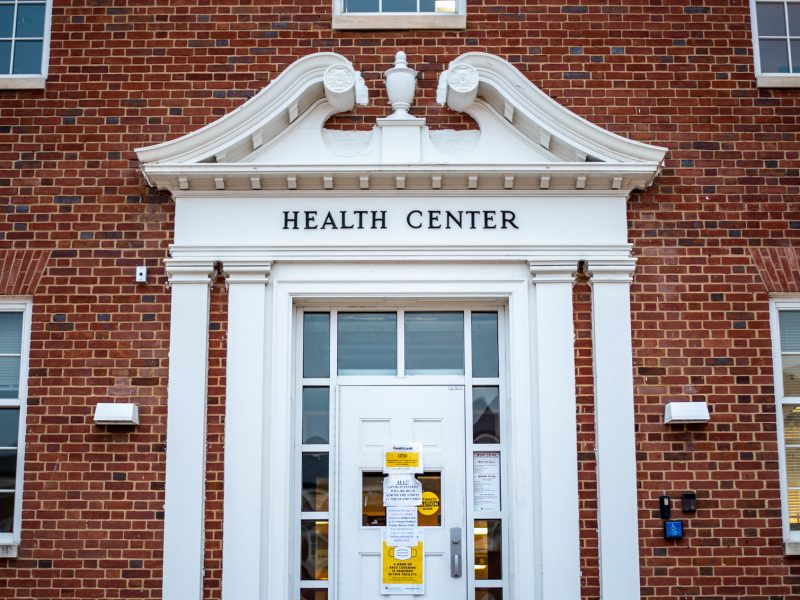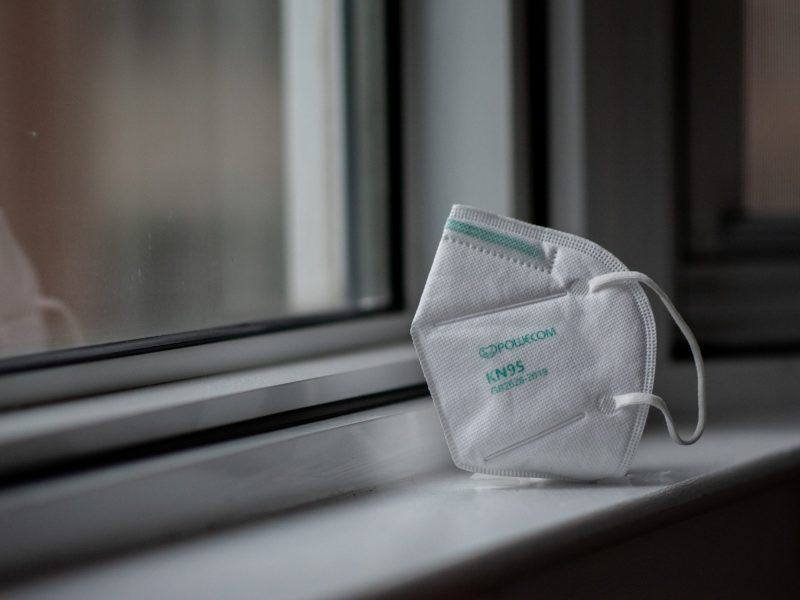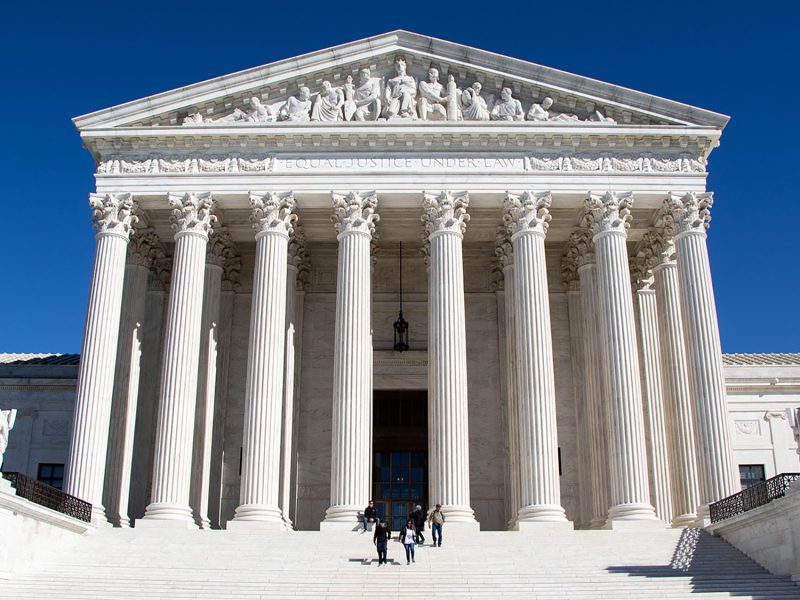Education Secretary Betsy DeVos released final Title IX guidelines Wednesday that regulate how colleges should handle sexual misconduct allegations — rules that have prompted condemnation from students.
Under the guidelines — set to take effect in August — colleges are required to hold live hearings that allow for the cross examination of both the accuser and the accused. This change, in particular, has drawn concern from many who fear the process could prove traumatizing for students reporting sexual misconduct.
The rule change came while the vast majority of colleges and universities are shuttered due to the COVID-19 outbreak. At this university, administrators are already grappling with holding sexual misconduct hearings and investigations via video conferencing platforms.
“This is a disgrace to our students and to survivors, and to drop this during a pandemic,” said Elena LeVan, the outgoing sexual misconduct prevention director for the University of Maryland’s Student Government Association. “You should be supporting schools as they transition to learning online.”
[Read more: UMD SGA challenges Betsy DeVos’ Title IX guidelines in public comments]
DeVos originally proposed updates to the regulations — which replace Obama-era guidelines — in late 2018. The suggestions, many of which were ultimately included, were condemned by the university’s SGA and campus activists.
The Office of Civil Rights and Sexual Misconduct also submitted a public comment critical of cross-examination and limitations to the university’s jurisdiction — two features the final regulations maintained.
In a statement, OCRSM director and Title IX coordinator Grace Karmiol wrote that the university is still in the process of reviewing the new regulations. However, she stated that she wishes universities were given discretion on how to handle sexual misconduct proceedings.
“We believe institutions should be given flexibility to review misconduct based on sex within the context of their [institution’s] own standards and internal processes,” Karmiol wrote. “These processes must respect and support survivors and ensure a fair process for all parties.”
In April, the SGA unanimously passed a bill urging DeVos to withhold changes to Title IX guidelines until in-person classes resume. LeVan condemned the department for going through with the regulations in the midst of the coronavirus.
“It’s a really sad day for survivors,” she said. “The fact that right now, their priority is this, is stripping away the rights of survivors and protections for survivors that we have, it’s kind of crazy and ridiculous.”
Compared to DeVos’ original proposal, the final regulations loosen the requirements for the hearings following concerns from victims’ rights groups. While the original 2018 proposal allowed alleged perpetrators to cross-examine survivors, under the newly released guidelines, only lawyers and advisers have that power.
[Read more: UMD set to update sexual misconduct policies after state starts Title IX legal fees fund]
Under the Obama administration, schools were held accountable for incidents they knew about or “reasonably should” have known about.
The new regulations only require schools to be responsible for incidents that occur in their programs and activities, but unlike in the original proposal, this includes incidents in off-campus fraternity and sorority houses. A school would only be found culpable in mishandling the allegations if they were “deliberately indifferent” in providing support to students and investigating allegations.
The new regulations also updated the definition of sexual harassment to include dating violence, domestic violence and stalking, based off the Violence Against Women Act.
In response to the new rules, on-campus student group Preventing Sexual Assault is planning to mobilize concerned students through an Instagram campaign. Elizabeth Mafrici, the group’s vice president, said the campaign will aim to push the university to not lessen its current standards for handling sexual assault cases, despite the new regulations.
Mafrici said she was “incredibly frustrated” after the guidelines were announced, specifically with the provision requiring live hearings.
“To ask a trauma survivor to recount her story perfectly and then cross-examine her or him and ask for those details to be remembered in perfect detail is just not feasible,” said Mafrici, who will be PSA’s next president. “It’s not fair to students to put them through this trauma.”
This story has been updated.



